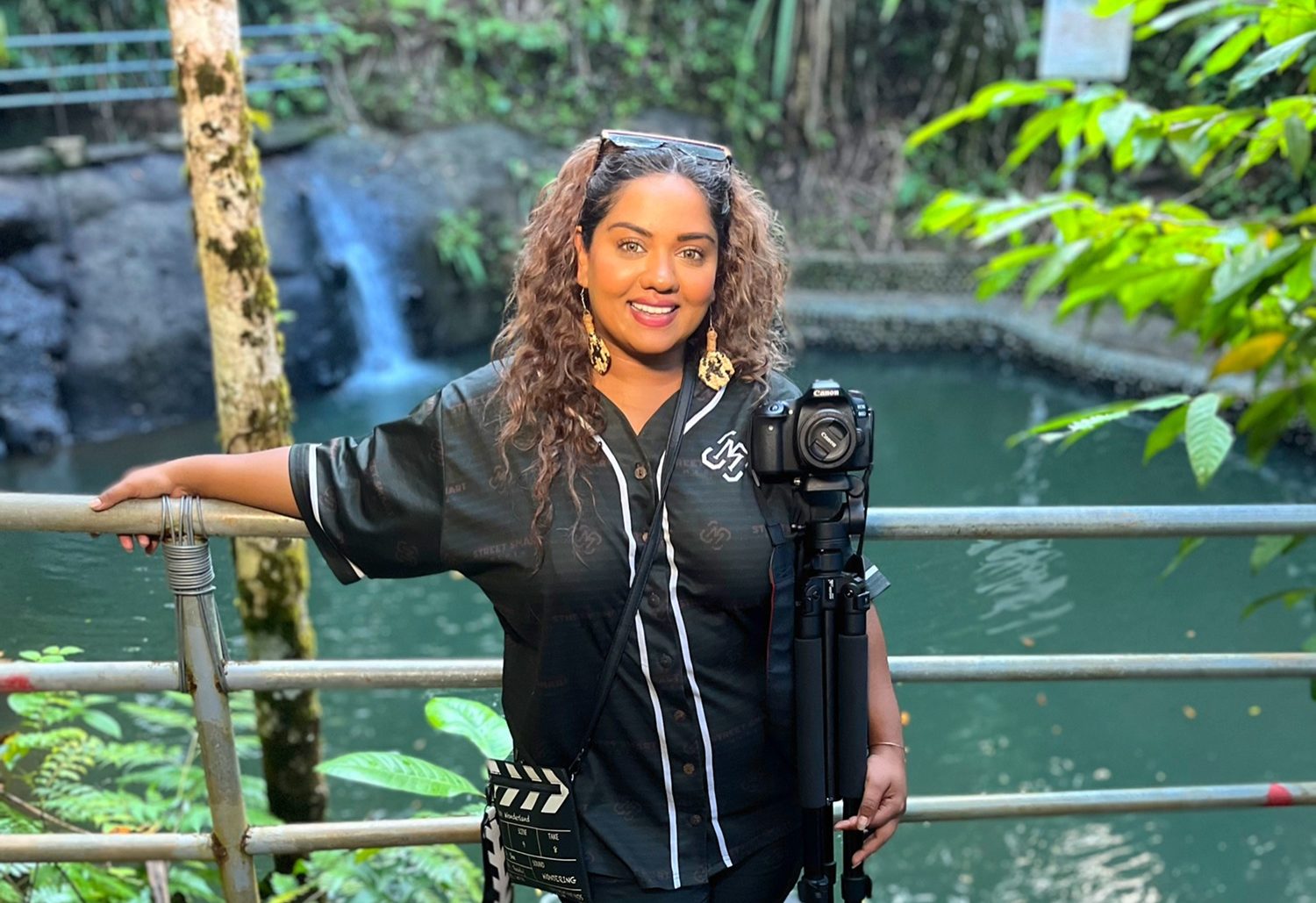Fijian women are bearing the brunt of online abuse, says the country’s Online Safety Commission (OSC).
The OSC says 61.44% of Fijian women experience this form of violence while men account for 38.56%. Facebook accounts for 57.58% of reported incidents, TikTok for 15.95%, while incidents were also reported on WhatsApp, Viber, Email, Messenger, and Instagram.
Online bullying accounts for 29.1% of reported cases, while image-based abuse stands at 10.96%. The OSC says defamatory comments and posts make up another significant portion at 21.56%.
“It . . .
Please Subscribe to view full content...
